The health of a community’s economy can be greatly impacted by disasters and other chronic stressors, so a holistic approach to resiliency must incorporate protections for businesses, employers, and employees and the infrastructure that supports them. Communities can weave resiliency goals in their Comprehensive Economic Development Strategies (CEDS); as well as aligning their CEDS with a region’s Hazard Mitigation Plan.
Diversifying economic opportunities, bringing in new resiliency businesses, and focusing on farm-to-table programs are additional strategies that communities can use to become economically resilient.
Scroll down to browse all Economic Activities resources, or filter by the subcategories listed below. Click here to visit our Funding Hub.
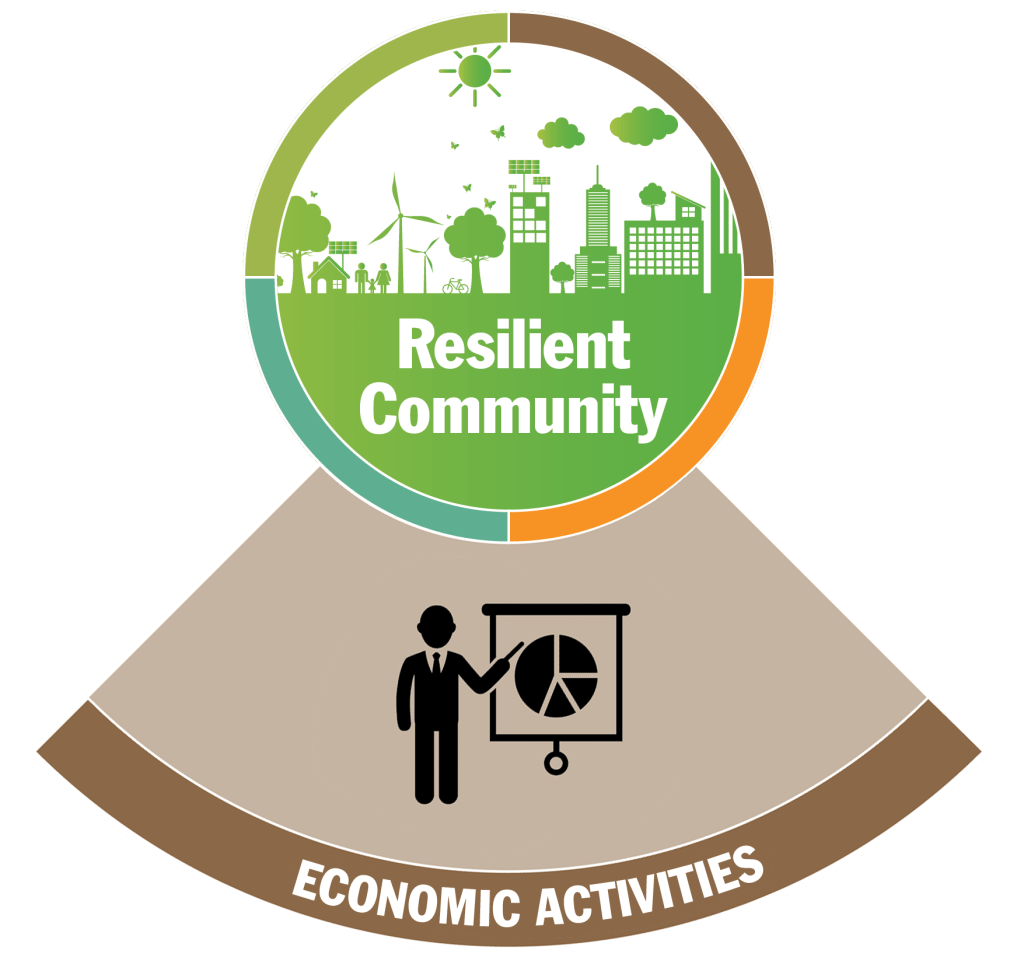
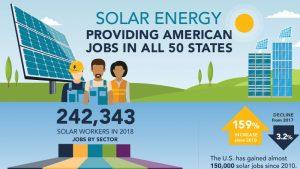
2018 National Solar Jobs Census
The Solar Foundation’s National Solar Jobs Census 2018 is the ninth annual report on the size and scope of the American solar workforce. Based on a rigorous survey of solar employers, it is the most comprehensive analysis of solar labor market trends in the United States.

A New Business Paradigm to Address Climate Change
This article is about how climate change will affect the business community and businesses should evolve to be climate stewards.

A Practitioner’s Guide to Conducting an Economic Impact Assessment of Regional Food Hubs using IMPLAN: A Systematic Approach
This guide walks you through the steps of measuring the local economic impact of expanding food hub activities, either from the establishment of a new hub or the expansion of an existing hub.
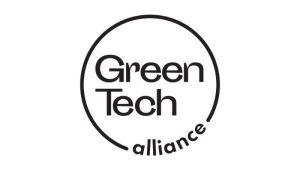
Alliance to Support the Greentech Community
The Green Tech Alliance brings together green technology businesses to support them with advice about funding, impact, visibility and strategy with the help of top VCs, journalists, advisors and entrepreneurs.
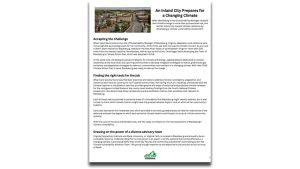
An Inland City Prepares for a Changing Climate
When Blacksburg’s new Sustainability Manager realized that climate change is more than just sea level rise, she led her inland city toward climate resilience by developing a climate vulnerability assessment.
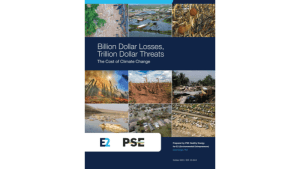
Billion Dollar Losses, Trillion Dollar Threats: The Cost of Climate Change
This report reviews the rising toll of billion-dollar disasters over the last forty years and provides insight into how these disasters are compounded by other extreme weather events.
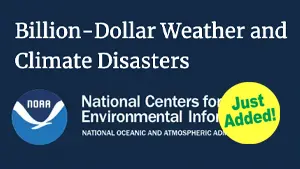
Billion-Dollar Weather and Climate Disasters
The National Centers for Environmental Information’s (NCEI) Billion-Dollar Disasters product is intended to show the impact of extreme weather and climate events on the economy in inflation-adjusted dollars.
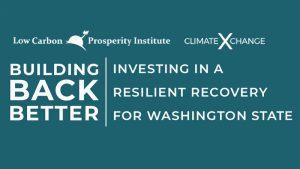
Building Back Better: Investing in a Resilient Recovery for Washington State
To figure out the best investment strategy, Climate XChange and the Low Carbon Prosperity Institute analyzed the economic and health impacts of 14 different investment programs in Washington State.
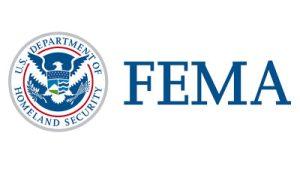
Building Resilient Infrastructure and Communities Program
The Building Resilient Infrastructure and Communities program aims to shift federal focus away from reactive disaster spending and toward research-supported, proactive investment in community resilience.
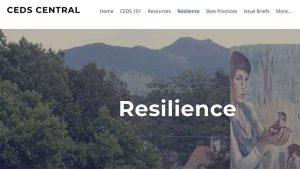
CEDS Central: Resilience
The materials on this site provide a variety of information about resilience and best practices to incorporate into CEDS planning and implementation.

2018 National Solar Jobs Census
The Solar Foundation’s National Solar Jobs Census 2018 is the ninth annual report on the size and scope of the American solar workforce. Based on a rigorous survey of solar employers, it is the most comprehensive analysis of solar labor market trends in the United States.

A New Business Paradigm to Address Climate Change
This article is about how climate change will affect the business community and businesses should evolve to be climate stewards.

A Practitioner’s Guide to Conducting an Economic Impact Assessment of Regional Food Hubs using IMPLAN: A Systematic Approach
This guide walks you through the steps of measuring the local economic impact of expanding food hub activities, either from the establishment of a new hub or the expansion of an existing hub.

Alliance to Support the Greentech Community
The Green Tech Alliance brings together green technology businesses to support them with advice about funding, impact, visibility and strategy with the help of top VCs, journalists, advisors and entrepreneurs.

An Inland City Prepares for a Changing Climate
When Blacksburg’s new Sustainability Manager realized that climate change is more than just sea level rise, she led her inland city toward climate resilience by developing a climate vulnerability assessment.

Billion Dollar Losses, Trillion Dollar Threats: The Cost of Climate Change
This report reviews the rising toll of billion-dollar disasters over the last forty years and provides insight into how these disasters are compounded by other extreme weather events.

Billion-Dollar Weather and Climate Disasters
The National Centers for Environmental Information’s (NCEI) Billion-Dollar Disasters product is intended to show the impact of extreme weather and climate events on the economy in inflation-adjusted dollars.

Building Back Better: Investing in a Resilient Recovery for Washington State
To figure out the best investment strategy, Climate XChange and the Low Carbon Prosperity Institute analyzed the economic and health impacts of 14 different investment programs in Washington State.

Building Resilient Infrastructure and Communities Program
The Building Resilient Infrastructure and Communities program aims to shift federal focus away from reactive disaster spending and toward research-supported, proactive investment in community resilience.

CEDS Central: Resilience
The materials on this site provide a variety of information about resilience and best practices to incorporate into CEDS planning and implementation.
